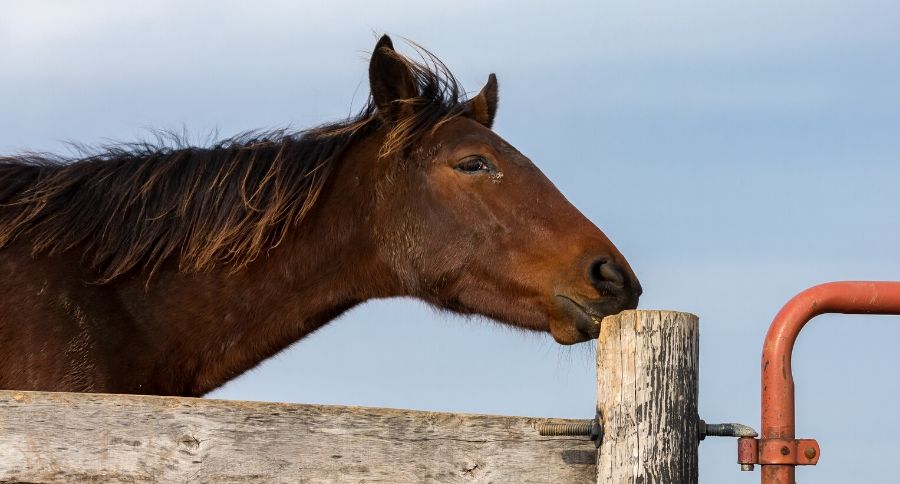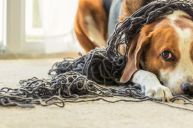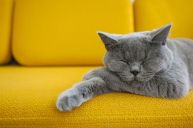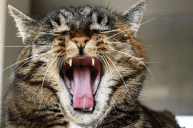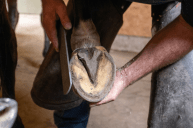Cribbing is often caused by boredom. I've watched a horse do this to the back of a barn and it was obvious this was behavior caused a combination of stress and boredom.
What does it mean when a horse is cribbing?
Cribbing is when a horse places its front teeth on a horizontal surface, arches its neck and pulls backward. This behavior is usually associated with a grunting noise as the horse gulps air, and is often referred to as wind sucking or aerophagia.
Why do horses do this?
Is this a disease? No!
PetMD.com tells us that cribbing is an inappropriate behavioral pattern in horses, also called "stereotypic behavior."
Just as humans and other animals can sometimes exhibit obsessive-compulsive behavior (like dogs that chase their tails) that is non-lethal but still destructive, horses, too, will exhibit repetitive behaviors that are difficult to control.
This habit is not seen in wild horses!
Catch it early on
The habit is one that horse owners need to catch early. You must be effective in breaking it.
If you let this continue to happen and it worsens, the horse will wear down its front teeth prematurely. In extreme cases, the teeth become so worn that they do not meet when the mouth is closed, which can lead to the second problem, weight loss.
Colic is also known to be a complication of cribbing.
Symptoms
PetMD.com explains there are four major symptoms.
- Gnaw marks usually found on wood pieces, check stall doors and fence posts.
- Top front teeth are worn more than those normally found in a horse of the same age.
- Arching the neck while grasping onto an object with the incisors while gulping air
- Grunting noises as the horse gulps air
This can start in younger horses several months old.
Diagnosis
Luckily, cribbing can easily be identified and diagnosed. Weight loss is a sign too that is easily seen by horse owners. It is said that diets that contain more forage and less grain seem to have less cribbing implications.
A vet visit is an important next step so they can look in your horse's mouth and check for any changes to your horse's teeth.
Before you buy a horse that cribs, make sure you are willing to deal with the damage to fences and cope with some health risks.
Cribbing behavior is a learned behavior and should be stopped as soon as you see it and talk to your vet about your horse's diet. Wood chewing can be extremely destructive. Your horse's health and upper incisors will be worn and can lead to weight loss and worse.
Horses crib from stress and boredom so check your horse daily and see what type of enrichment activities are lined up so they don't start crib-biting. Cribbing horses can be a real issue and young horses or foals shouldn't start this bad habit. Make sure your cribber is looked over by a vet!
Does your horse do this? Share your thoughts below.
